
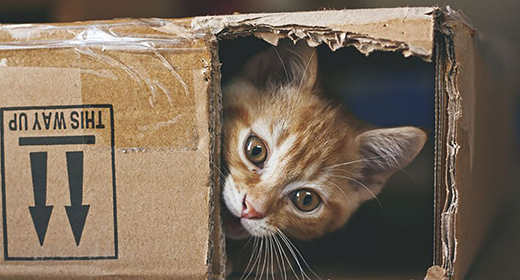
Understanding and learning how to decipher kitten food product codes will help you choose the right kitten food. While selecting the right ingredients is important, making sure those ingredients are fresh is just as vital to your young cat. Learn how to read the product codes of kitten food packages and cans with our handy guide.
A product code is a series of numbers and letters printed on the outer package of each product a manufacturer produces. This code provides information about when and where the kitten food was made.
As part of the product code, IAMS™ products include a “Best Used By” date, or the date at which the product is no longer considered fresh and should no longer be sold. This date is expressed in “ddmmyy” and “ddmmmyy” formats.
The second line of the product code represents company internal information for use in traceability and inventory control.
Line 1: (ddmmyy) (ddmmmyy)
Example: 040220 04FEB20
Line 2: 60351111## QQQQQQQ
This product should be used before February 4, 2020.
Depending on the production line, pouch products* may have code date information in a single or double line. By recognizing and understanding these codes, customers can make sure they are receiving a fresh product.
Shelf life is the duration, measured in months, during which a properly stored kitten food product maintains its freshness. This means if a product has a 16-month shelf life, it is fresh for up to 16 months from the date of manufacture.
The shelf life for IAMS dry kitten foods is 16 months. All canned formulas have a shelf life of 24 months.
Unopened dry kitten food products are best stored off the floor in a cool, dry place. Open bags of kitten food should be stored in a clean, dry container with a tight seal. Dry kitten food products may also be frozen without loss of nutrients.
Opened wet kitten food products are best kept refrigerated in tightly sealed containers for no more than three days after the container has been opened. Wet products should not be frozen in unopened cans. However, wet kitten foods can be frozen if removed from the container, packed in freezer containers and frozen immediately.
*IAMS has no kitten pouch products at this time.
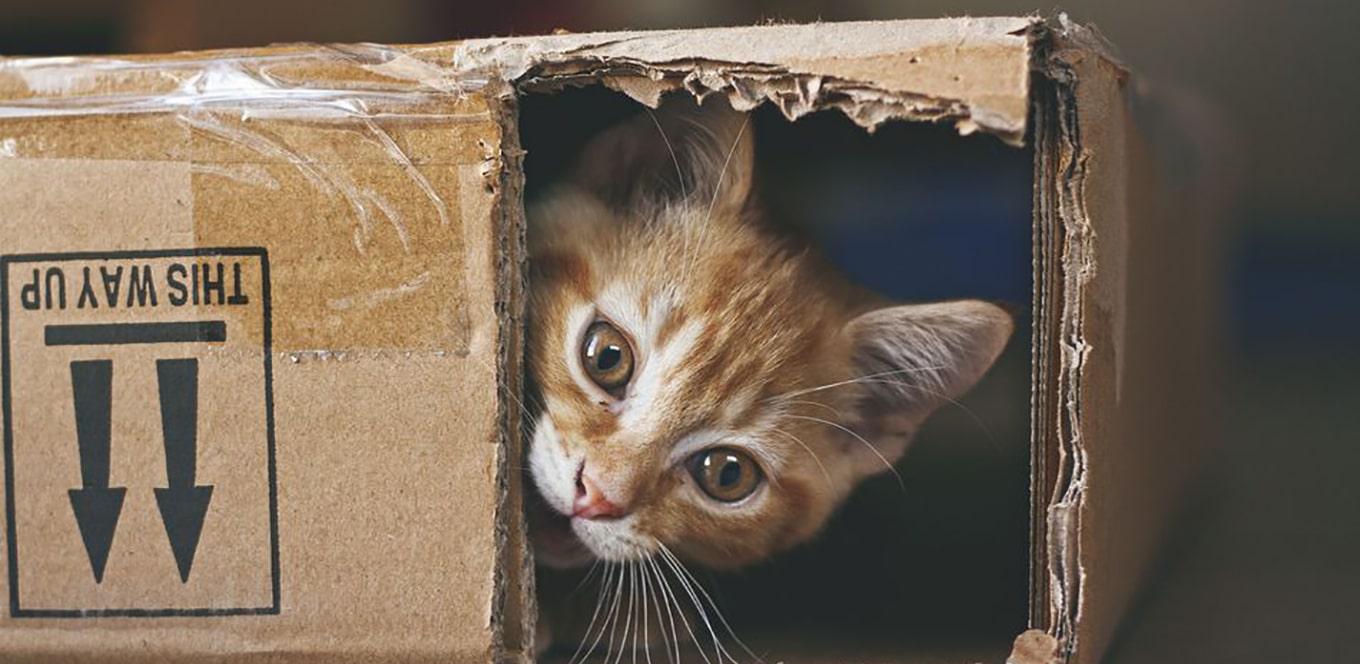

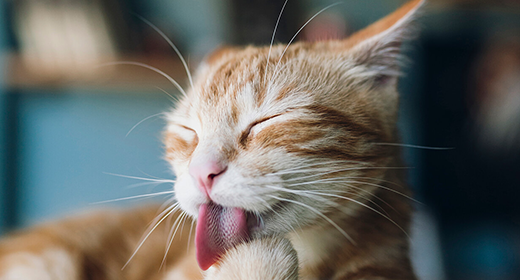
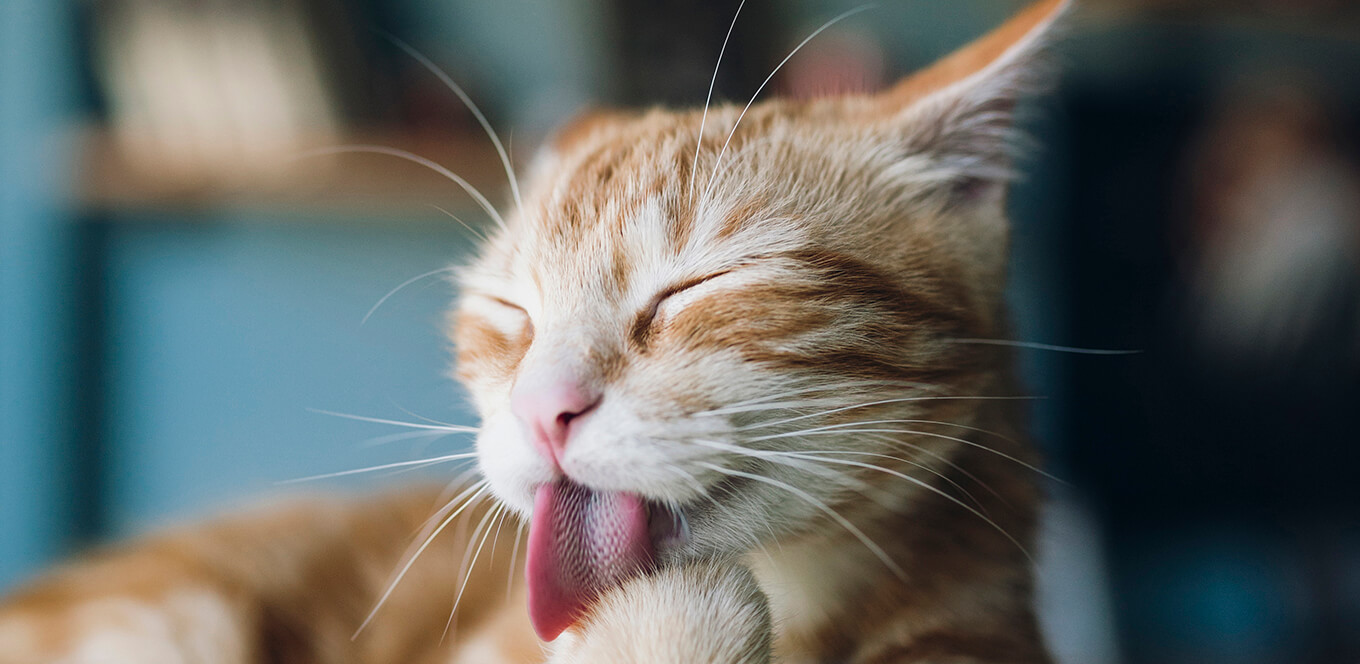
Every cat owner recognizes the warning signs of an upset feline stomach: the mournful meow, gagging and the heaving retch. But just as suddenly as it began, your cat returns to good health while you’re left scrubbing the carpet.
The scenario is a familiar one for Cynthia Bowen of Cleveland, Ohio. As the owner of four Maine Coons, Bowen has cleaned her share of messes. “It would happen every couple of months or so,' she says. 'Otherwise, they were perfectly healthy.'
Although it's not a pleasant subject, vomiting is something cats seem to do on cue. Many cat owners accept this as a natural part of owning a pet, but it doesn’t have to be that way. Knowing what triggers an upset stomach and what you can do about it will make for a better relationship with your cat.
Many owners attribute their cat’s vomiting to hairballs, but that’s not the only culprit. “It’s careless to assume that most cases of vomiting in cats are due to hairballs,” says Dr. William Folger, a DVM from Houston. Two other frequent causes of an upset stomach are eating too fast and curiosity.
Cats sometimes eat too much too fast. When the stomach wall expands too quickly, a signal is sent to the brain to cause regurgitation. In these cases, the mess on your floor is from regurgitation, not actual vomiting. When a cat regurgitates, she brings up fluid and food from her esophagus by opening her mouth — unlike vomiting, which involves gagging and retching.
Regurgitated food is still formed and may smell fermented. “Cats that eat too quickly because they are gluttonous or stressed by food-bowl competition can regurgitate right after eating,” says Dr. Sara Stephens, a DVM from Montana. But don’t assume regurgitation is always a case of eating too quickly. It could be caused by esophageal problems, obstruction of the digestive tract, hairballs or dehydration. If you’ve forced your cat to eat slowly and she still has problems, contact a veterinarian.
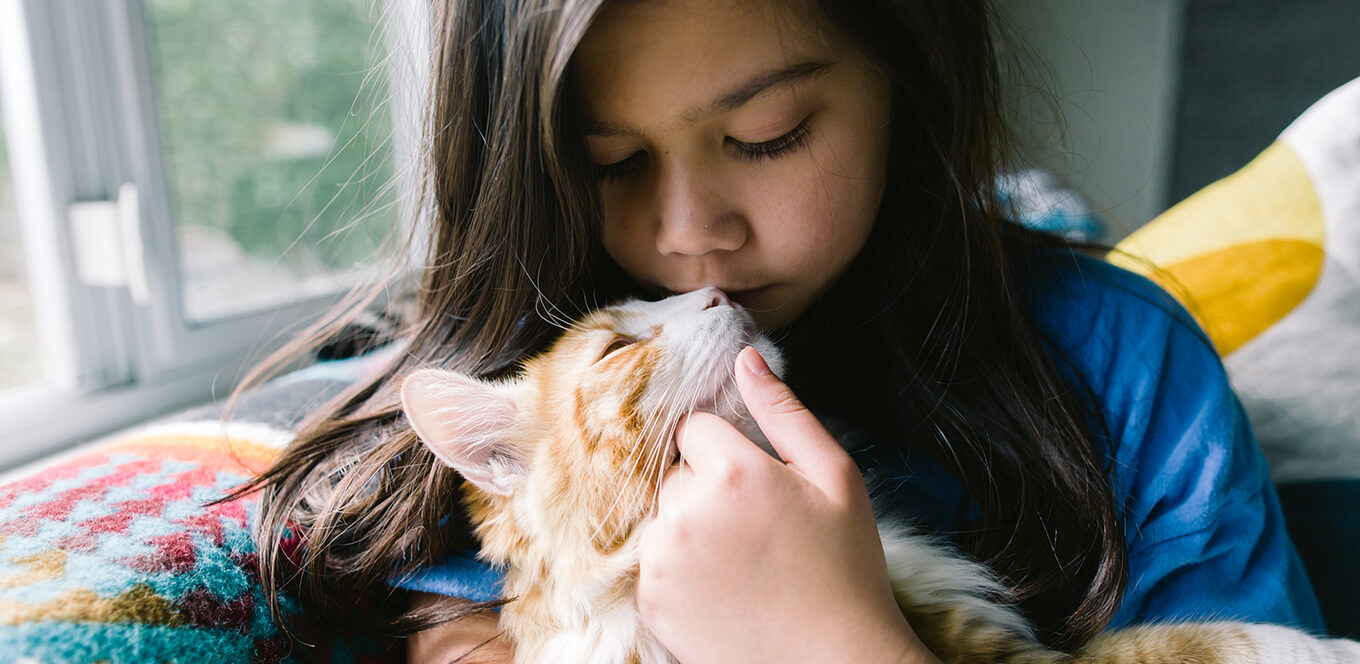
Grass, carpet and toilet paper are just a few things cats may digest and later vomit. The vomiting is a protective mechanism — nature’s way of cleansing your cat’s system. Sometimes, though, curiosity can lead to more serious problems. String, toy parts and feathers are favorites of playful felines and can lodge in the stomach or intestine, causing repeated vomiting and severe distress. If your cat exhibits these symptoms, take her to a veterinarian immediately. Surgery is often necessary to remove the object.
Repeated cat vomiting should never be ignored because it can lead to dehydration. But because vomiting is common in cats, how do you know what’s normal? “A general guideline is that if the cat is vomiting one to three times a month, we consider this normal,” says Dr. Folger.
He considers it serious if the vomiting occurs twice daily for two or three days. If your cat stops eating, seems to have stomach pain or retches continuously, or if the vomit is mixed with blood, take her to a veterinarian. And as always, if you’re suspicious that a lingering problem could be harmful to your pet, call your veterinarian. A visit to the office can help relieve your cat’s discomfort and your worries as well.
Often, owners accept their pet’s vomiting as a natural part of their behavior, but just because cats seem to have more than their fair share of stomach issues doesn’t mean you don’t have options.
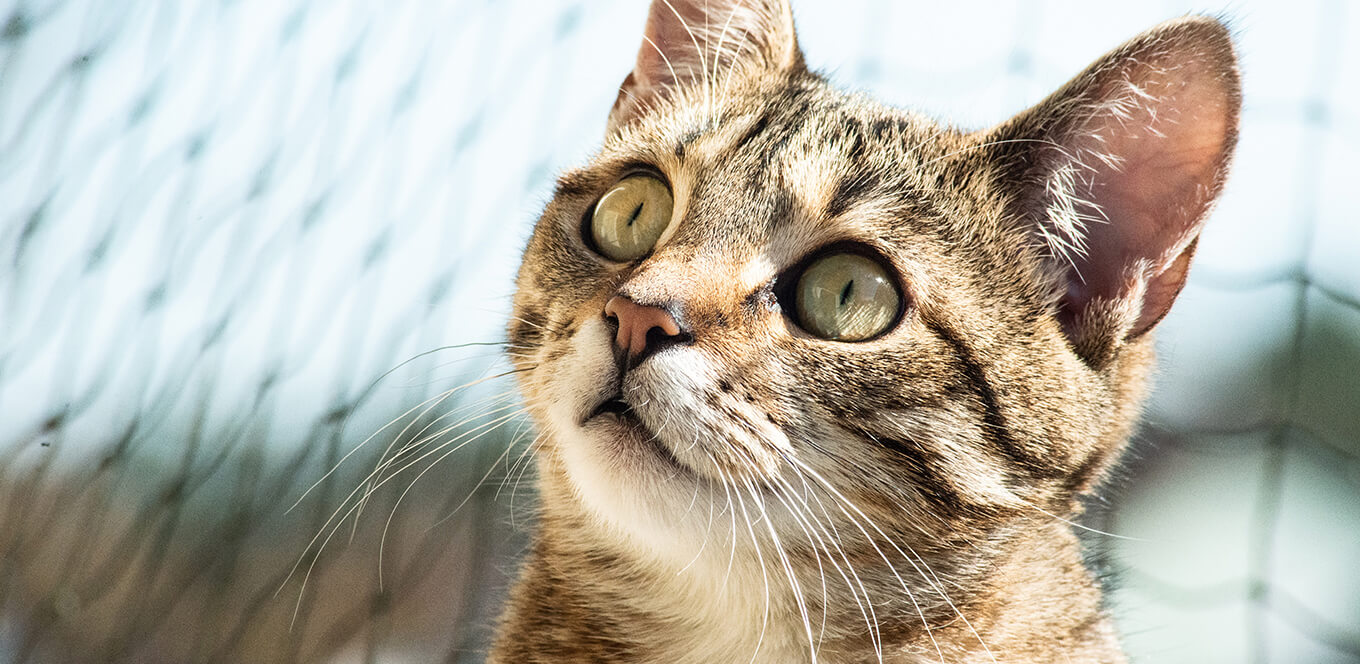
One simple preventative measure is to get your fast-eating cat to slow down or to simply eat less. Dr. Stephens recommends feeding smaller portions, elevating your cat’s food dish slightly or putting an object, such as a ball, into the dish. The cat will be forced to eat around the ball, thus slowing her intake. If you do this, make sure the ball isn’t small enough to swallow. And you may need to feed cats in a multiple-cat household at different times and places to reduce competitive eating.
If simple solutions don’t work, watch your cat’s eating behavior and reactions. Bowen, for example, tried changing her cats’ diets. “Since switching to IAMS™, they rarely throw up,” Bowen says.
“Usually, when you change to a higher-quality diet, there is no problem,” Stephens says. Here are some tips for helping make sure your cat’s food transition is as successful and comfortable as possible:
If your cat vomits more than three times a month or has chronic stomach issues, you can take several steps to help resolve her discomfort. With your veterinarian’s help and a little effort on your part, your cat’s stomach issues can be a thing of the past.